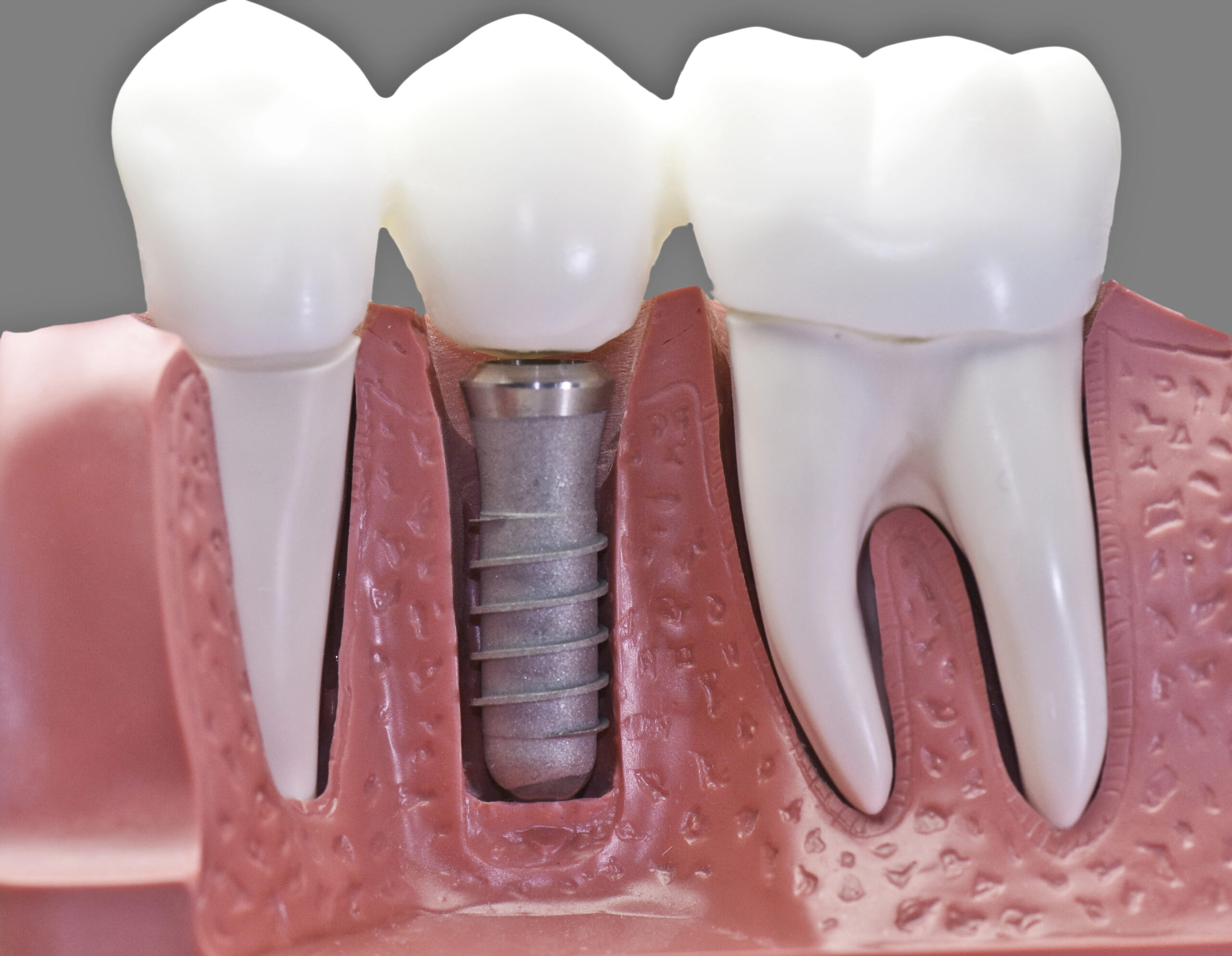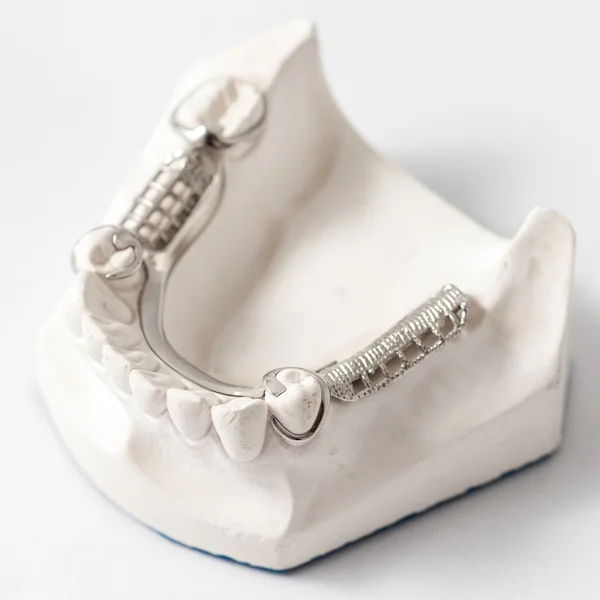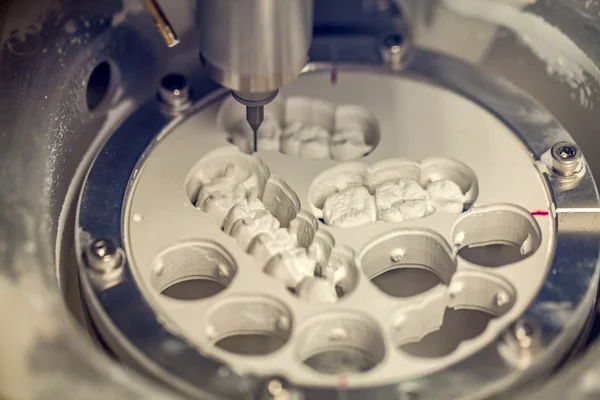Dental Blog - Fairfield, CA
Tips, Facts, And The
Latest In Dentistry

Types of Dental Implant Materials: Choosing the Best Option

Types of Dental Implant Materials
Titanium Implants Overview
Titanium implants are a prevalent choice among the types of dental implant materials due to their durability and compatibility with human bone. This material has been extensively used in dental procedures, providing a reliable foundation for artificial teeth. The biocompatibility of titanium allows it to integrate seamlessly with the jawbone, which is crucial for the stability and longevity of dental implants. This integration process, known as osseointegration, ensures that the implant remains securely in place, offering a stable base for various dental restorations.
In the realm of types of dental implant materials, titanium stands out for its strength and resilience. It is often favored for its ability to withstand the forces of chewing and biting without compromising its structural integrity. For those considering dental implants, understanding the benefits of titanium can be essential. To explore more about how these implants can enhance your dental health, you might find the article on Single Tooth Dental Implant: A Lasting Solution for Your Smile insightful.
Zirconia Implants Overview
Zirconia implants are a popular choice among the various types of dental implant materials due to their aesthetic appeal and biocompatibility. Made from a ceramic material, zirconia implants offer a metal-free alternative that is often preferred by patients with metal sensitivities. Their natural tooth-like color makes them an attractive option for those seeking a seamless blend with existing teeth. Additionally, zirconia’s resistance to corrosion and low plaque affinity contribute to its growing popularity in the dental community.
The durability and strength of zirconia implants make them a reliable choice for long-term dental solutions. As one of the newer types of dental implant materials, zirconia continues to gain traction for its ability to integrate well with bone tissue, promoting successful osseointegration. For those interested in exploring more about dental implant options, consider visiting our page on Dental Implants Near Fairfield for further information.
Biocompatibility of Implant Materials
When exploring the types of dental implant materials, biocompatibility is a crucial factor to consider. This term refers to the ability of a material to integrate with the human body without causing adverse reactions. Dental implants must be made from materials that are not only durable but also compatible with the biological environment of the mouth. The success of dental implants largely depends on how well the chosen material can bond with the jawbone and surrounding tissues, ensuring stability and longevity. Understanding the biocompatibility of different types of dental implant materials helps in selecting options that promote optimal healing and function.
Durability of Dental Implants
When considering the types of dental implant materials, durability is a crucial factor that influences long-term success and patient satisfaction. Dental implants are designed to withstand the forces of chewing and biting, making their durability essential for maintaining oral health and functionality over time. The materials used in dental implants, such as titanium and zirconia, are chosen for their strength and resistance to wear, ensuring that they can endure the daily demands placed upon them. For those interested in learning more about dental implants, Kuzma DDS Cosmetic & Implant Dentistry offers insights into various options available at their Fairfield Dentist practice.
Aesthetic Considerations in Implants
When exploring the types of dental implant materials, aesthetic considerations play a crucial role in the decision-making process. The choice of material can significantly impact the visual outcome, as different materials offer varying levels of translucency and color matching with natural teeth. Patients often seek implants that blend seamlessly with their existing teeth, ensuring a natural and appealing smile. The ability of the implant material to mimic the appearance of real teeth is a key factor in achieving a satisfactory aesthetic result, making it an essential aspect to consider when evaluating the types of dental implant materials available.
Cost Factors of Implant Materials
When considering the types of dental implant materials, cost is a significant factor that can influence decision-making. The price of dental implants varies depending on the material used, with some options being more expensive due to their durability, aesthetic appeal, or biocompatibility. For instance, titanium is often favored for its strength and longevity, while zirconia may be chosen for its natural appearance. Each type of dental implant material comes with its own set of cost implications, which can affect the overall expense of the dental procedure. Understanding these cost factors is crucial for anyone exploring the different types of dental implant materials available.
Metal-Free Implant Options
When exploring the types of dental implant materials, metal-free options have gained attention for their biocompatibility and aesthetic appeal. These implants are typically made from zirconia, a ceramic material known for its strength and natural tooth-like appearance. Metal-free implants are often chosen by individuals seeking alternatives to traditional titanium implants, especially those with metal sensitivities or allergies. As the demand for diverse types of dental implant materials grows, metal-free options continue to be a significant area of interest in the field of dental restoration.
Implant Material Innovations
In the evolving landscape of dental care, implant material innovations are at the forefront of enhancing patient outcomes and satisfaction. As the demand for dental implants grows, researchers and manufacturers are exploring new types of dental implant materials to improve durability, biocompatibility, and aesthetic appeal. These advancements aim to provide solutions that better integrate with the human body, reduce healing time, and offer long-lasting results. By focusing on cutting-edge materials, the dental industry continues to push the boundaries of what is possible, ensuring that patients have access to the most advanced options available.
Environmental Impact of Materials
When considering the types of dental implant materials, it’s important to acknowledge their environmental impact. Different materials used in dental implants, such as titanium and zirconia, have varying effects on the environment due to their extraction, production, and disposal processes. The sustainability of these materials is influenced by factors like resource depletion, energy consumption, and waste generation. Understanding the environmental footprint of each type can help in assessing their overall impact on the planet.
Conclusion
Understanding the types of dental implant materials is crucial for making an informed decision; for more information, call us at 707-422-8404 or check out our Google Maps reviews.





